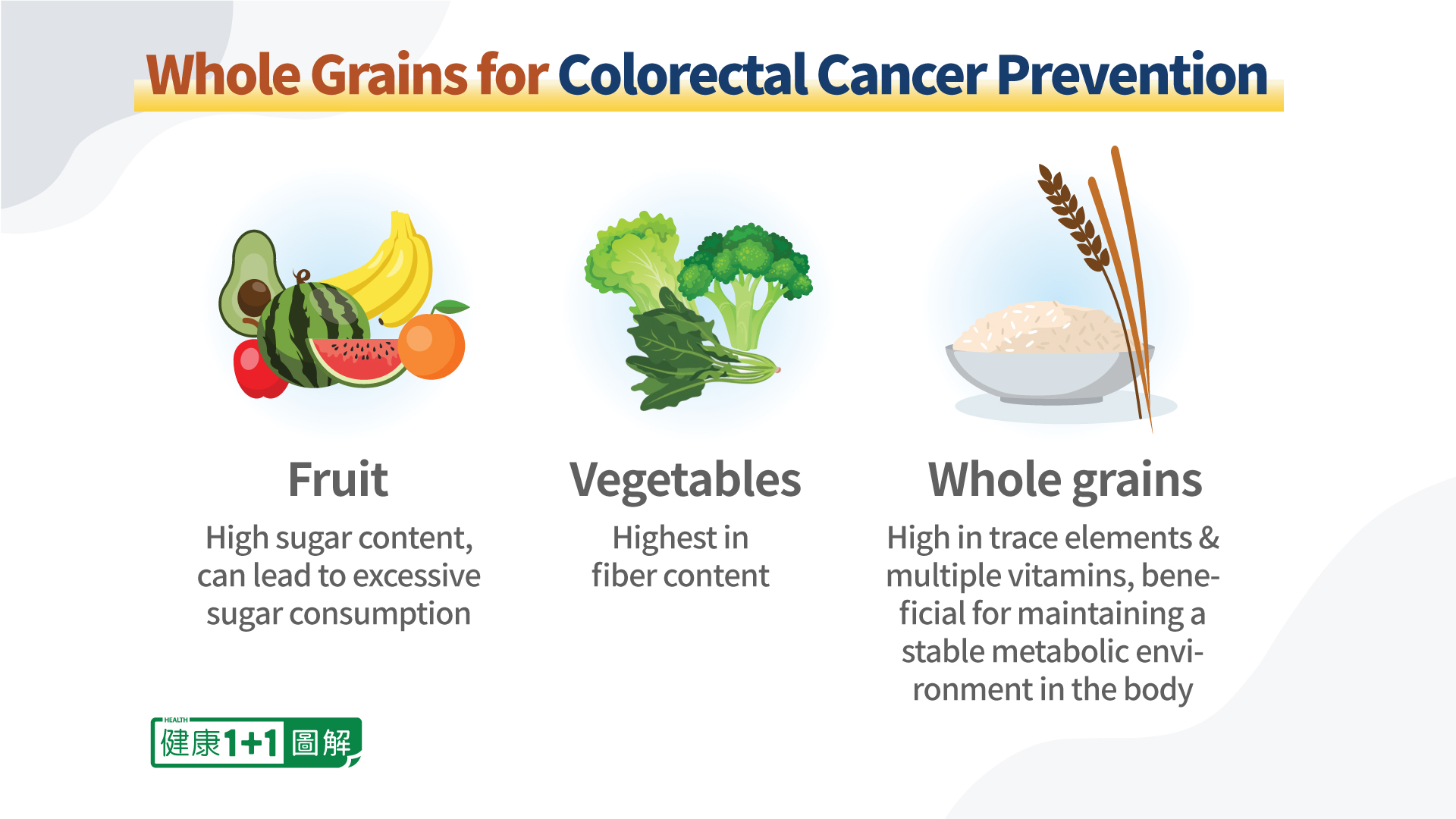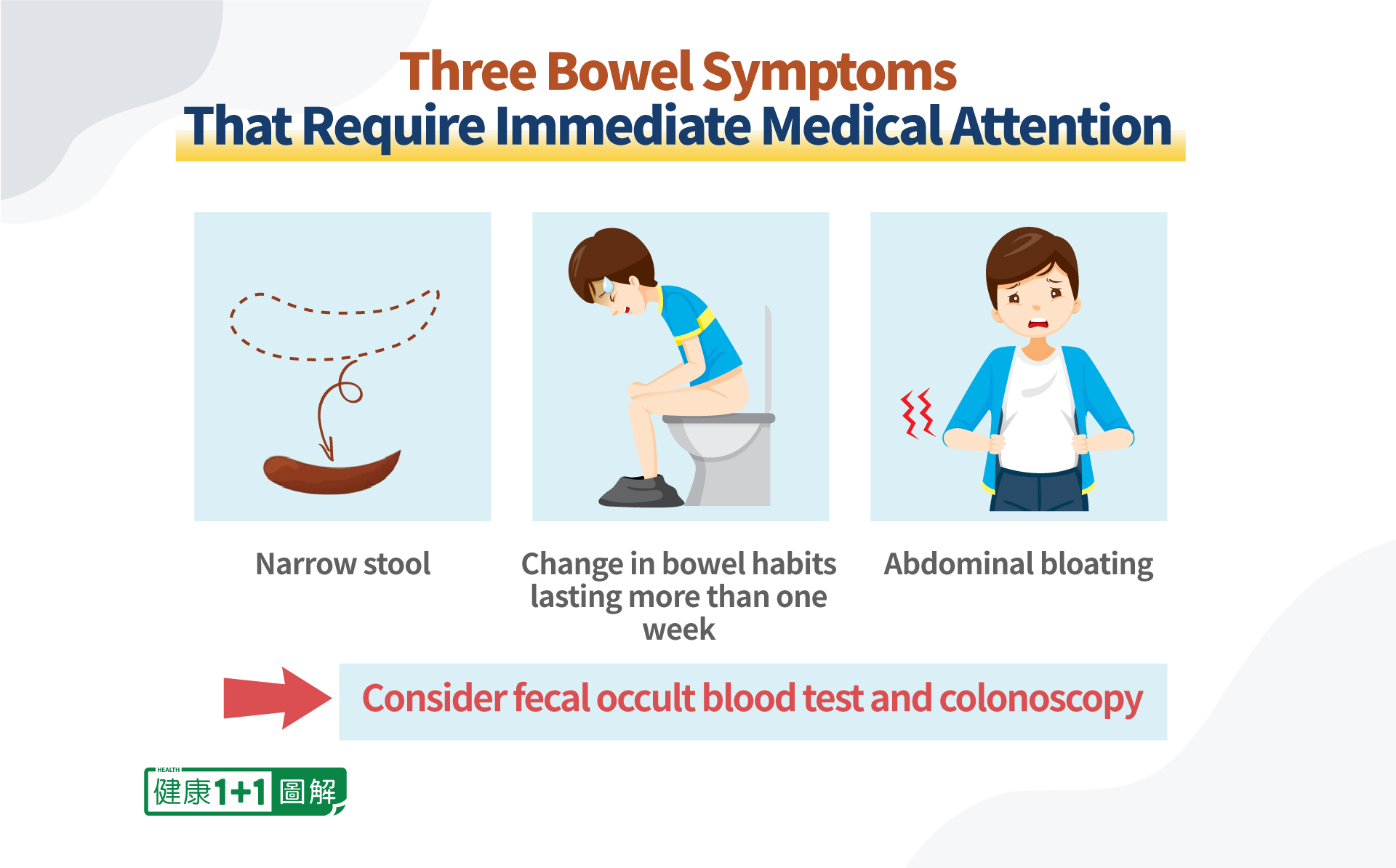Hemorrhoids vs Colorectal Cancer: Know the Difference
Colorectal cancer, when detected early, can be treated effectively with a higher chance of recovery. However, its early symptoms can be easily mistaken for other conditions such as hemorrhoids and indigestion.
So, how can you differentiate between bleeding caused by hemorrhoids and that caused by cancer?
Have you been experiencing symptoms like bloating, stomach rumbling, or rectal bleeding, and are you concerned about whether they could be signs of colorectal cancer? In this article, a surgeon explains the warning signs to watch for and when to promptly consult a doctor for a professional examination.
Rectal Bleeding: Hemorrhoids or Cancer?
One of the prominent signs of colorectal cancer is rectal bleeding, but it can also occur in patients with hemorrhoids. So, how can we distinguish between the two?
During an interview with The Epoch Times, Jung-Chien Chen, the CEO of the Minimally Invasive Surgical Center at Min-Sheng General Hospital in Taiwan, explained that hemorrhoids are varicose veins that appear in the anus or lower part of the rectum. When subjected to physical irritation, such as during bowel movements, the hemorrhoids can bleed due to friction.
Unlike hemorrhoids, rectal bleeding from colorectal cancer can occur even without bowel movements. Due to the fragile mucosal cells in the cancerous area, bleeding can occur intermittently without physical irritation. Even in cases where a patient experiences loose stools or diarrhea, bleeding can still occur. Chen stated that if rectal bleeding occurs repeatedly within a month, or if it occurs every day for a week, it is advisable to promptly seek a diagnosis from a specialist.
Furthermore, Chen stated that any changes in bowel habits should also be taken seriously as they could potentially indicate symptoms of colorectal cancer. For example, sudden bloating, a shift from daily bowel movements to once every two or three days, or a reduction in stool size from the thickness of a thumb to less than half the thickness of a pinky finger for more than a week, should all raise concern.
These changes may indicate issues in the gut, particularly in the rectum, which could lead to a blockage or narrowing of the intestines. According to Chen, individuals aged 40 and above should consider undergoing fecal occult blood tests or colonoscopies if they experience any of the aforementioned symptoms.
Abdominal Rumbling: Indigestion or Cancer?
Frequent abdominal rumbling could be a sign of indigestion, but it could also indicate colorectal cancer. What are the differences between these two types of abdominal rumbling?
According to Chen, the churning of food, digestive fluids, and air in the gut during intestinal contractions can create a rumbling sound. Typically, if abdominal rumbling is caused by indigestion, the gut may feel like it is contracting at a faster pace, followed by diarrhea, and then the rumbling sound may subside. It may also persist for two or three days along with diarrhea or vomiting, but the rumbling sound will eventually disappear.
On the other hand, abdominal rumbling caused by colorectal cancer is quite different. Chen compared the human large intestine to a pipeline and explained that if there is a tumor or other abnormality in the large intestine that obstructs the flow of gas and liquid, the accumulated substances may move and rub against each other, producing a rumbling sound.
When the gas and liquid suddenly break through the obstruction, a brief loud noise may be heard, after which the rumbling sound disappears. This type of rumbling does not typically cause symptoms such as diarrhea or vomiting. If someone experiences a significantly loud rumbling sound from their gut after fasting for more than 8 hours, it should raise an alarm as it could be a sign of colorectal cancer.
Is There a Link Between Foul-Smelling Flatulence and Colorectal Cancer?
Chen explained that the odor of flatulence is influenced by the type of food a person eats. Consumption of spicy food, a high amount of protein, or foods with high bean content can cause flatulence with a stronger odor the following day. This can be improved by making dietary adjustments.
The longer feces stays in the intestines, the stronger the odor becomes. One possible reason for fecal accumulation in the intestines is the obstruction of feces by an intestinal tumor, which can cause incomplete bowel movements. If a person experiences persistent foul-smelling flatulence despite having a bland diet, it is advisable to seek professional medical examination to determine if it is related to colorectal cancer.
Is Sudden Weight Loss a Sign of Cancer?
Chen explained that during the first stage of colorectal cancer, a person’s weight is typically not affected. However, as the cancer progresses to the second or third stage, the tumor may start invading the blood vessels and lymphatic system, depriving the body of necessary nutrients.
This can lead to a drop in albumin levels, anemia, weight loss, weakness, pale complexion, and edema. It is important to note that unexplained weight loss could be a symptom of cancer and should be brought to the attention of a medical professional immediately.
How to Prevent Colorectal Cancer Effectively?
Chen recommended increasing fiber intake and staying hydrated to promote regular bowel movements and prevent fecal buildup in the intestines, thereby maintaining a healthy intestinal environment and reducing the risk of polyps and cancer.
Chen also emphasized the importance of a balanced diet. He suggested consuming more whole grains and vegetables, and a moderate amount of fruit while avoiding excess calories and sugars.
 |
| Foods that can help prevent colorectal cancer. (The Epoch Times) |
A cohort study published in The American Journal of Clinical Nutrition by the National Cancer Institute in 2020 stated that consuming whole grains as a source of fiber can help prevent colorectal cancer. The study analyzed the dietary habits of nearly 500,000 American adults aged 50 to 71 and found that those who consumed the highest amount of whole grains had a 16 percent lower risk of developing colorectal cancer, compared to those who consumed the least amount of whole grains.
Whole grain foods, unlike refined grain, contain the bran, germ, and endosperm. They are rich in fiber, healthy fats, protein, B vitamins, and vitamin E, as well as minerals such as iron, copper, zinc, and magnesium. Examples of whole-grain foods include brown rice, millet, corn, oats, buckwheat, barley, quinoa, sorghum, and more.








.png)
Comments
Post a Comment